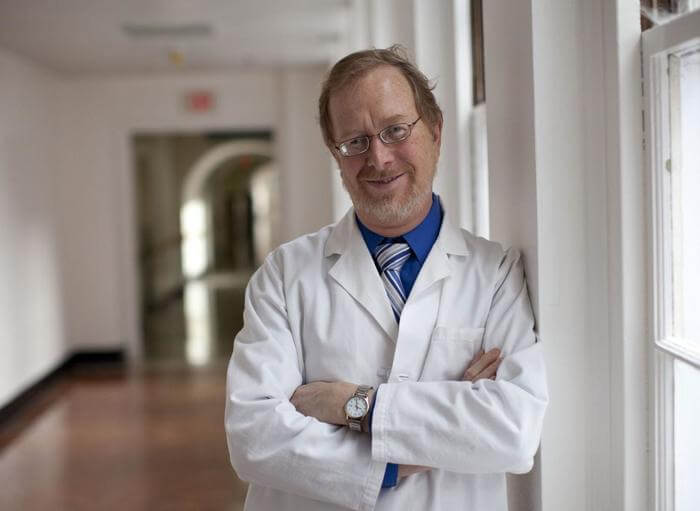The National Institutes of Health has allocated $3.5 million to fund a large-scale clinical trial that aims to assess a groundbreaking approach to managing type 2 diabetes. This method, previously tested in a preliminary study, achieved remission in nearly 70% of participants without requiring weight loss or medication.
The innovative approach was developed by Dr. Daniel J. Cox, a faculty member at UVA Health. It is founded on the concept that educating individuals on making informed dietary and exercise choices can empower them to regulate their blood sugar levels and potentially alter the course of the disease. Dr. Cox, a professor of psychiatry and internal medicine at the University of Virginia School of Medicine, explained, “Instead of focusing on reducing weight with diets or medication, we focus on reducing how much blood glucose goes up and stays up after eating and drinking. These blood glucose elevations are what leads to high A1C and cardiovascular risks among adults with type 2 diabetes.”
Type 2 diabetes affects over 30 million individuals globally, causing the body’s inability to control blood sugar levels. This condition can lead to severe health complications such as heart disease, kidney disease, blindness, and other medical issues. While type 2 diabetes typically affects individuals over the age of 45, it is increasingly impacting children, teenagers, and young adults, necessitating medication or insulin injections for management.
Dr. Cox’s approach, known as Glucose Everyday Matters (GEM), seeks to prevent spikes in blood sugar through informed food and beverage choices, combined with physical activity to expedite recovery when blood sugar spikes occur. This approach displayed promise in an initial small-scale trial, where 17 recently diagnosed adults with type 2 diabetes tested the GEM program alongside continuous glucose monitoring and received supportive text messages. After three months, 67% of participants achieved remission, with only one needing medication.
Previous studies had evaluated GEM when administered in-person by medical professionals, but the pilot clinical trial marked the first instance of self-administration. Participants did not require in-person interventions but received guidance via a few calls from researchers and followed a treatment manual.
Dr. Cox’s latest study will build upon previous research to determine, on a larger and longer-term scale, whether GEM provides a safe and effective tool for managing type 2 diabetes among recently diagnosed individuals. This randomized clinical trial will involve 200 participants in Virginia and Colorado and assess whether GEM helps them better control blood sugar levels and reduce their dependence on medication over a five-year period. The trial will also compare the cost-effectiveness of GEM with other options and evaluate potential additional benefits, including weight loss and reduced symptoms of depression.
Dr. Cox emphasized the exciting developments in diabetes management, stating, “It’s an exciting time for people with type 2 diabetes, with both new medications and new lifestyle interventions to improve the control of diabetes, giving patients many new options. Lifestyle interventions have the advantage of being able to put diabetes in remission. GEM is a one-time, brief 6-week intervention that impacts a lifelong lifestyle.”
Dr. Cox himself experienced a significant improvement, going from an A1C reading of 10.3 at the time of diagnosis to consistently measuring under 6.0 for the past 13 years without medication, using his approach.
For more information on the trial, individuals can contact Dr. Cox at [email protected] or call (434) 566-2099.
The findings of the pilot study have been published in the scientific journal JMIR Diabetes. The research team comprised Tamara K. Oser, Mark Cucuzzella, Marilyn Stasinopoulos, Matt Moncrief, Anthony L. McCall, and Dr. Cox. Notably, Dr. Cox has no financial interests in the work, while Tamara K. Oser has served on a physician advisory board for Cecilia Health and Dexcom.
Abbott provided continuous glucose monitoring supplies for the pilot trial, with UVA handling all data management, monitoring, and analysis independently. To stay updated on the latest medical research from UVA, interested parties can subscribe to the Making of Medicine blog at http://makingofmedicine.virginia.edu.


